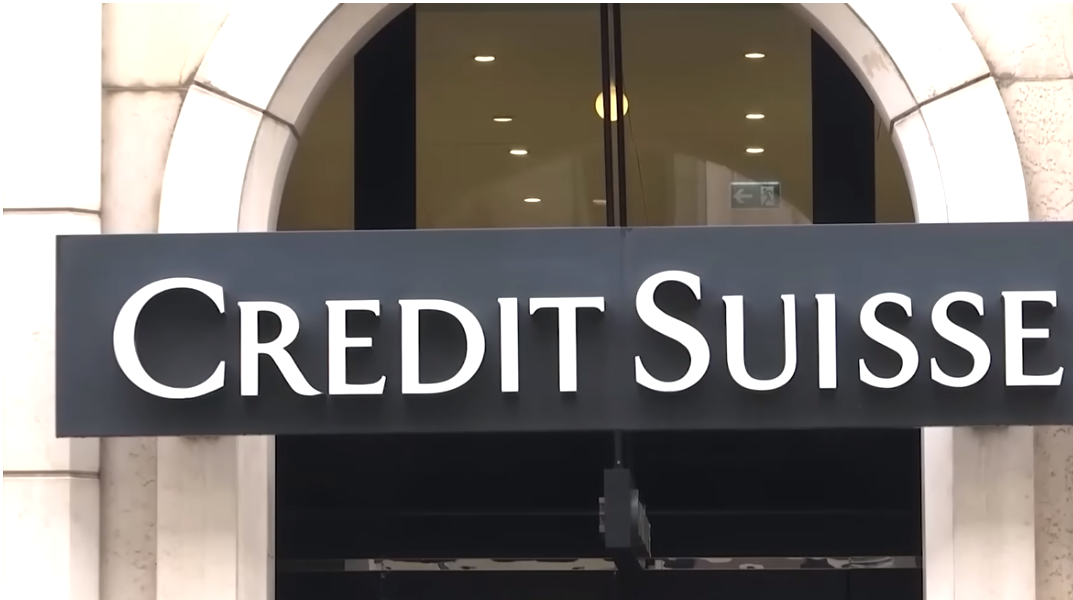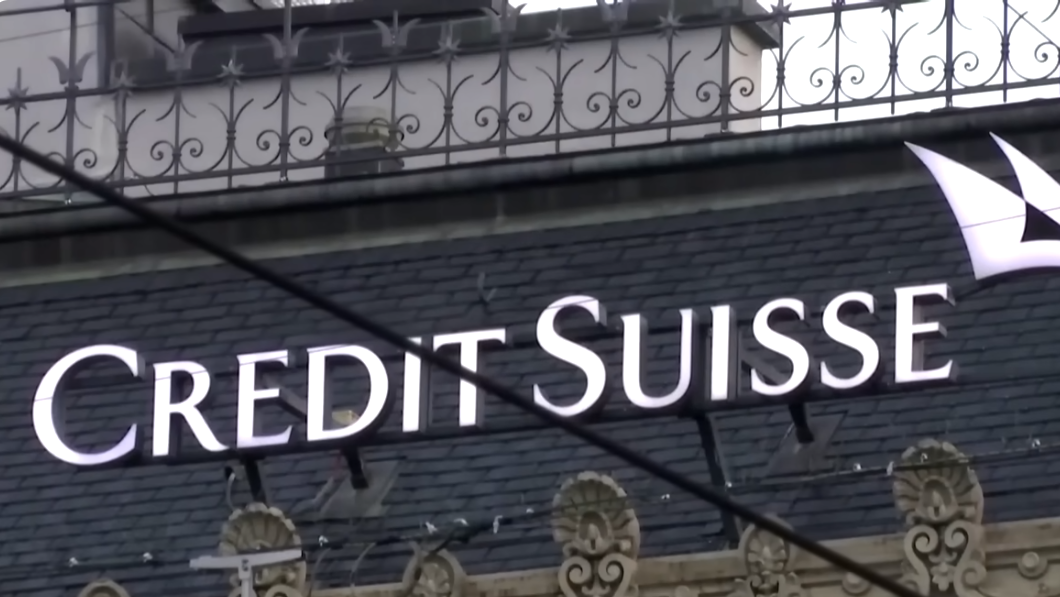A city nestled between the snow-covered Alps and the crystal-clear Lake Geneva. It is here that the French kings found the ideal place to hide their wealth. Since the 18th century, Catholic nobility flocked to Geneva to conceal their dealings with Protestant bankers. The reason is that in 1713, the government of Geneva, Switzerland, enacted a rule prohibiting bank employees from disclosing details about their clients, and now, three centuries later, you will see in movies that the wealthy always say they keep their money in Swiss banks. Does film reflect real life, and if so, why do the wealthy love Swiss banks so much?

In fact, Swiss banks can be said to be the best place to keep your money, I mean not just for the wealthy but for everyone. With a population of less than 9 million, Switzerland has over 200 banks of various types, and almost all major banks in the world have branches in the cities of Zurich, Bern, or Lugano. Renowned as one of the largest insurance banking centers globally, Switzerland can be considered the origin of every bank. In 1913, Switzerland implemented regulations requiring bankers to ensure the confidentiality of client information; any bank that violated this would face heavy fines, and the bank manager would face imprisonment. Therefore, for a long time, Switzerland has had a reputation as a secret fortress, along with the rumor that money deposited in Swiss banks is untouchable.
According to Swiss law, banks must know who you are before agreeing to open an account for you; anonymous accounts in Swiss banks are merely a rumor, but numbered accounts are entirely real. Swiss banks require clients to come to the bank with identification or a passport if they want to become the owner of an account. However, instead of bearing the client's name, the account carries a number; a numbered account means that only a small group of bank employees knows who its owner is. Aside from this, a numbered account does not have any other advantages in terms of confidentiality compared to a regular account; it is unknown how many numbered accounts exist in banks, but ensuring client confidentiality and their transactions has become one of the driving forces behind the success and reputation of Swiss banks for hundreds of years.
Any intervention into a client's account, if it occurs, must comply with the law; otherwise, information about the account is only known to the owner, the beneficiaries, and the bank. Additionally, some bank employees indulge clients by destroying various certificates and hiding valuable assets such as jewelry and artworks that clients purchase with deposits in those numbered accounts at trusted storage addresses in Switzerland. Clients can use Swiss credit cards so that tax authorities cannot track their purchases. However, the principle of bank secrecy in Switzerland is not entirely absolute; the laws of this country specify cases in which bank secrecy must be partially disclosed.
Specifically, if a Swiss citizen is suspected of a criminal offense, investigative authorities can present the bank with a court order to obtain necessary information. This also applies to foreign citizens, but the extent depends on agreements signed with each country. Switzerland has strict anti-money laundering laws, and banks are not allowed to participate in money laundering or be involved in crime. But the law is the law; in practice, the secret to the success of Swiss banks is that the rule of client information confidentiality also turns this place into a harmonious environment for illegal transactions such as tax evasion or money laundering.

It is estimated that there are currently about 2.4 trillion USD in foreign assets held in Swiss banks, thus, the Swiss financial community plays a significant role in opening and managing trust funds along with asset custody systems in other countries and territories. You may have heard of Credit Suisse, one of the second-largest banks in Switzerland, which is among 30 global banks with branches in about 50 countries worldwide. An institution too large to collapse, but it has indeed collapsed. A data leak revealed how Credit Suisse's clients were involved in torture, drug trafficking, money laundering, corruption, and other serious crimes. But before delving into the shocking details, let us recall the era of silence in Switzerland, which is considered to have ended in 2014.
For the first time in history, ministers from 50 countries and territories agreed to exchange global information on taxpayers' financial information; that year's meeting of ministers in Paris was called the white elephant as they successfully forced banks to reluctantly agree to participate. Switzerland promised to share information about bank accounts with tax authorities worldwide. For a country that has considered sharing client information with foreign entities a crime for over 80 years, this was a monumental turning point as Switzerland adopted what is called the Common Reporting Standard, meaning Switzerland would exchange information with parties about foreigners who held bank accounts in their country, but as part of efforts to combat tax evasion and fraud.
However, this created a paradox; on one hand, Swiss banks received clean money from banks abroad, while on the other hand, Swiss banks received clean money from banks in developed, industrialized countries. This information is exchanged automatically according to agreements, but what about other countries, particularly developing countries where authorities investigating tax evasion do not have automatic access to Swiss citizens' secret accounts? No. The bank secrecy law is not dead; it has never been. More than 90 countries, including some of the least developed countries in the world, still do not exchange banking information with Switzerland. Nothing has changed; Swiss bankers are still helping the wealthy in these countries hide their assets from tax authorities in their home countries.
In 2022, a leak revealed that Credit Suisse had held billions of USD in dirty money for decades. 163 journalists from 48 media outlets across 39 countries worldwide analyzed leaked information from over 18,000 accounts with amounts exceeding 100 billion USD at Credit Suisse. These primarily came from clients in developing countries in Africa, Asia, the Middle East, and South America. These accounts were opened between 1940 and 2010, with the most accounts opened in 2007 and 2008 during the global financial crisis. The year with the most account closures was 2014 when Switzerland began implementing new regulations on automatic tax information exchange with foreign resident clients.

Many account holders came from countries that did not register to use the Common Reporting Standard against tax evasion, including Serbia, where Rodoljub Radulovic, one of the leaders of the largest brown sugar smuggling gang in Eastern Europe, opened an account at Credit Suisse to launder over 3 million Euros in dirty money. Eduard Seidel, a former senior executive of Deutsche Telekom in Nigeria, used an account with tens of millions of Swiss Francs; this individual was accused of bribing Nigerian officials to secure telecommunications contracts for Siemens. Then there is Muller Conrad "Billy" Rautenbac, a mining tycoon from the Democratic Republic of Congo, who also opened accounts with high-value deposits at Credit Suisse. Despite previously being accused of corruption in Congo, there are also names like the son of the former president of Egypt, a former Yemeni spy imprisoned for using violence, a Mafia family in Arabia, or officials in the oil sector accused of corruption in Venezuela.
The very culture that encourages risk-taking to maximize profits and bonuses at Credit Suisse is one of the reasons this bank was willing to overlook mandatory rules when approaching clients. Credit Suisse employees stated that there exist two sets of rules for two groups of clients: the wealthy and the ultra-wealthy, meaning that for accounts below 1 million USD, clients would be scrutinized down to the last detail, but for accounts of particularly high value, client information is kept so confidential that only a few senior bank personnel are allowed access.

After the Credit Suisse incident, Switzerland proposed stringent measures to combat money laundering, to the point that banks would only be allowed to accept clean money, meaning money that has been verified as not being involved in money laundering or tax evasion behind those massive deposits. This change is expected to mark the end of the long-standing tradition of Swiss banks accepting deposits without having to report to authorities, which has lasted for hundreds of years. This also means that criminals will be somewhat limited in their opportunities to use the illegal money they earn, which will undoubtedly have a significant impact on the attractiveness and profitability of the Swiss banking system. However, that is also the price they must pay.
